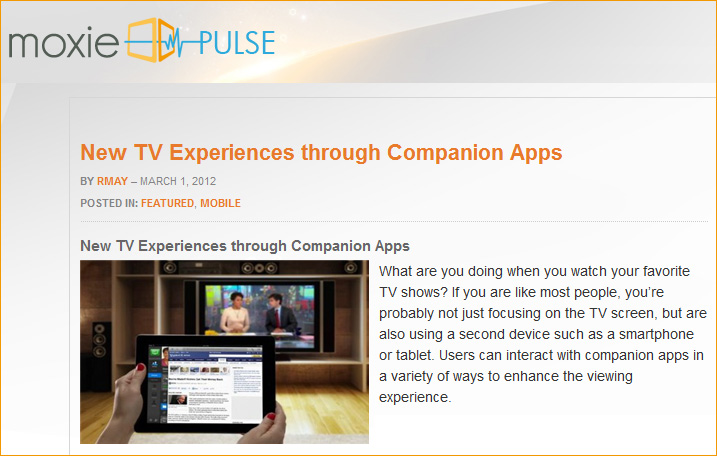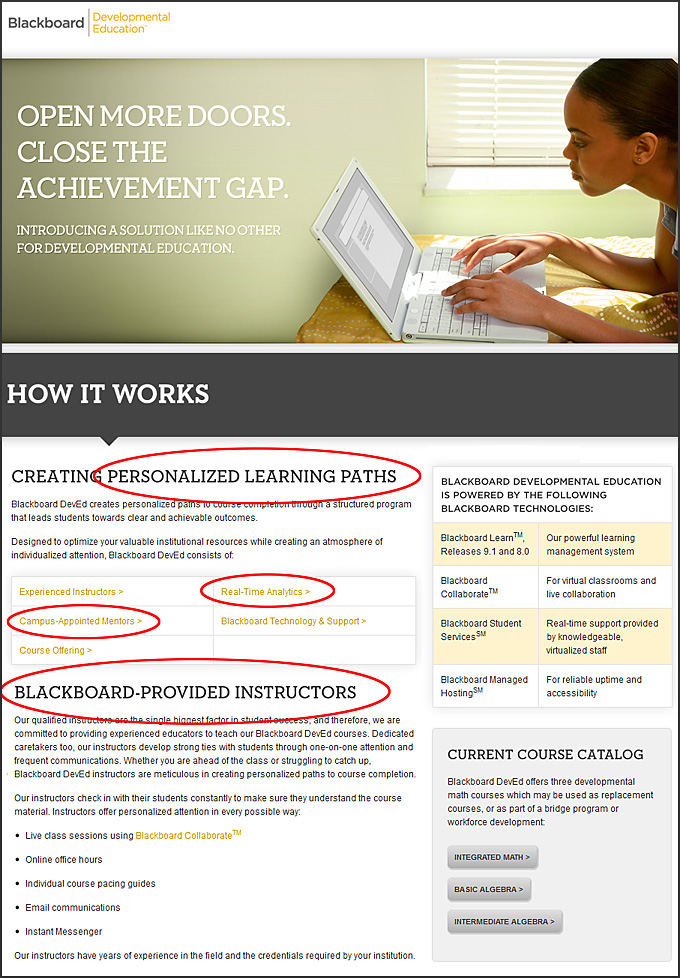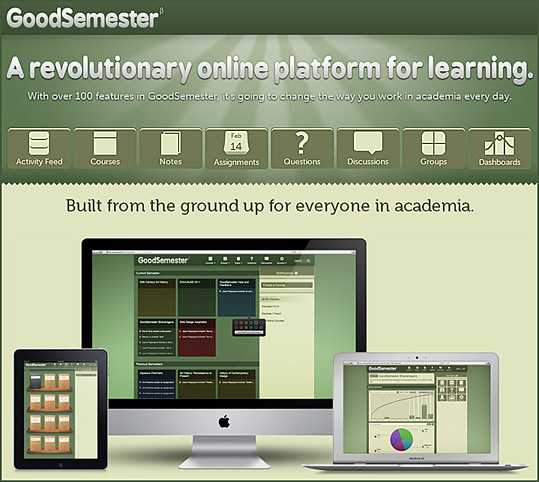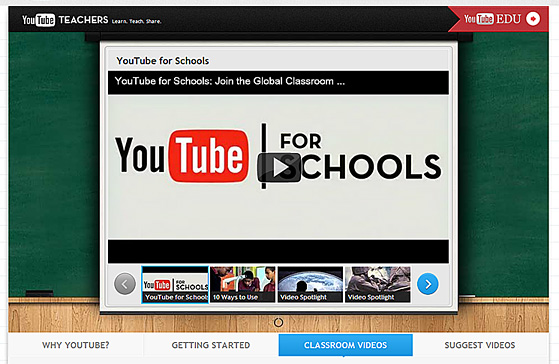My notes on two presentations from the Learning Without Frontiers Conference, London, 26th January 2012:
My notes for:
Sir Ken Robinson’s talk
Practice <–>Theory <–> Policy
- People who practice don’t often have time to get the latest and greatest information re: theory
- Theorists don’t have much time for practice
- Policy makers don’t know much about either 🙂
Purposes of education:
- Economic. Not solely, but there are economic reasons for providing education. Academic vs vocation programs – Sir Ken doesn’t subscribe to this dichotomy in educational DNA. Need new sorts of education
- Cultural. Aim to pass on cultural genes – values, beliefs
- Personal. The most important! In the end, education is ultimately, personal. Too much impersonal testing that students aren’t engaged in.
Key point:
- There is everything you can do – at all levels; many of us ARE the educational system – at least for the group(s) of students that we are working with. So we can make immediate changes; and collectively this can create a revolution.
Education not linear, not monolithic. Rather, it’s a complex, adaptive system – many moving parts, like a vortex…not like an undistributed canal; more like an ocean with different forces tugging this way and that. (From DSC: I agree with what Sir Ken is saying here, but I especially agree with this particular perspective — thus the name of this blog.)
Personalization is key! Education needs to be customized to the communities where it’s taking place.
Principles
- Curriculum – towards disciplines (skills, processes, procedures) and away from subjects
- Teaching & Learning – dynamic; flow of knowledge; not static; forms need to tap into streams; move towards collaborative activities; active learning trumps passive learning
- Assessment – must move from judgment to description
My notes (part way) for:
Jim Knight – If Steve Jobs Designed Schools
What if Steve Jobs had re-invented the education system rather the computer and consumer electronics industry?
Steve Jobs was a contradictory character, combining control freak and Zen Buddhist, and technology with design. He had a revolutionary impact on computing, animation, the music industry, printing, and publishing. Last year he and Bill Gates together expressed surprise at how little impact technology had had on schools. Jobs’s wife is an educational reformer, he was a college dropout; but what would it have been like if Steve Jobs had focused on education? What would the Jobs School be like?
How do we make an insanely great school?
- Must go really deep to create something that’s easy to use (from DSC — I call this “Easy is hard.”) Need to de-clutter the teaching & learning environment, the curriculum, the qualifications, and the people.
- How does it make me feel when I walk through the doorway of your school?
- Get to choose who you want to learn with and from
- Simple, beautiful space; flexible; social; reflective, all year round
- More seductive, intuitive, enthralling
- Does it inspire curiosity?
- “Don’t need instructions”
- Not just a school – learning doesn’t stop when school bell rings
- 24×7 thing
- Curriculum
- Is there a range of things to interest everyone?
- Need more choice; selection; more control of their learning
- All ages
- Enterprising
- Creative, technical, practical…but most of all, it would be fun!
More here…














